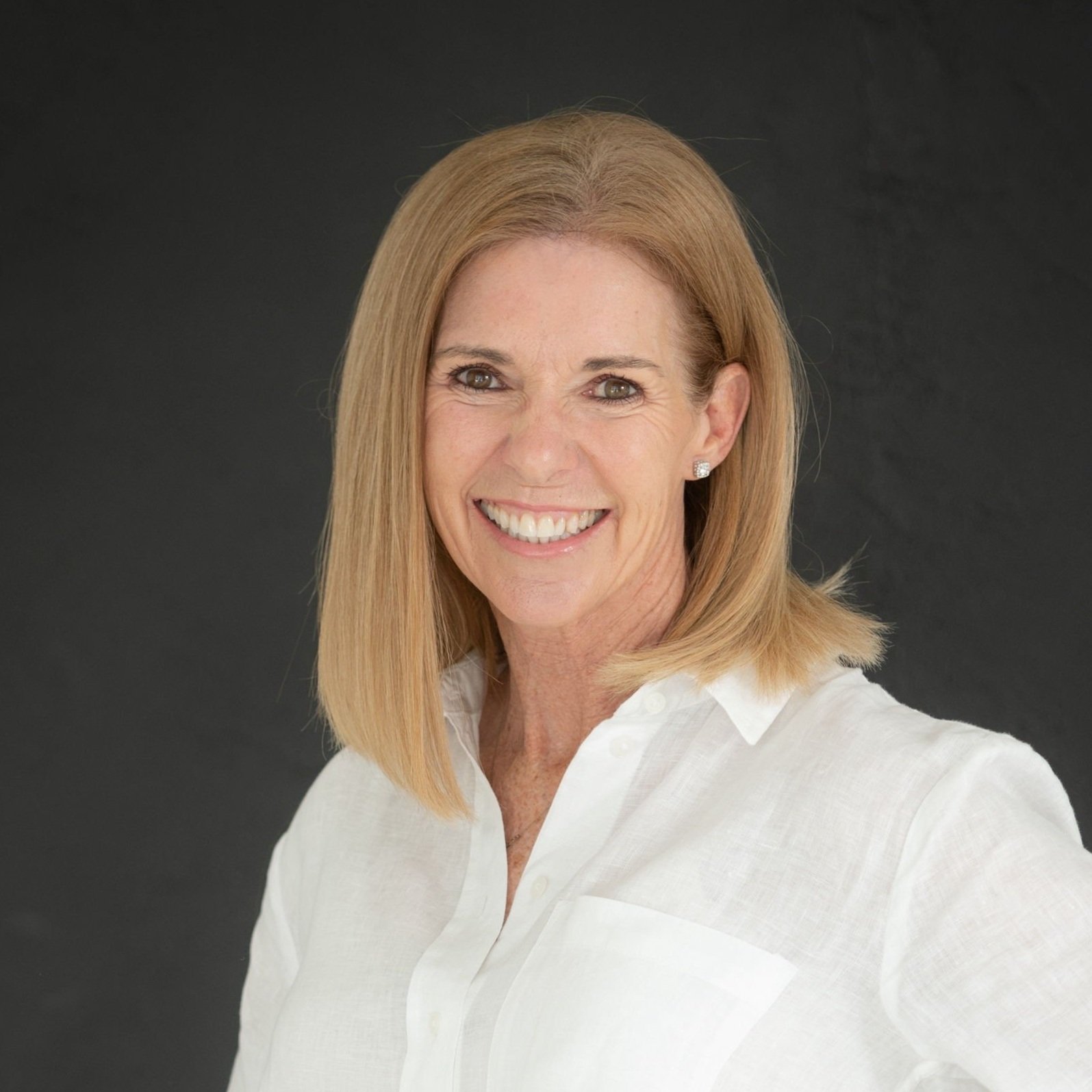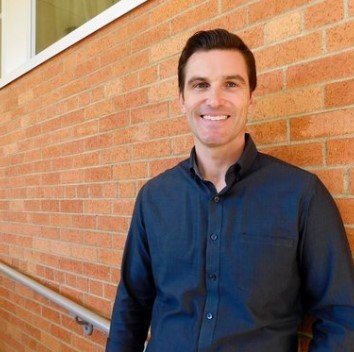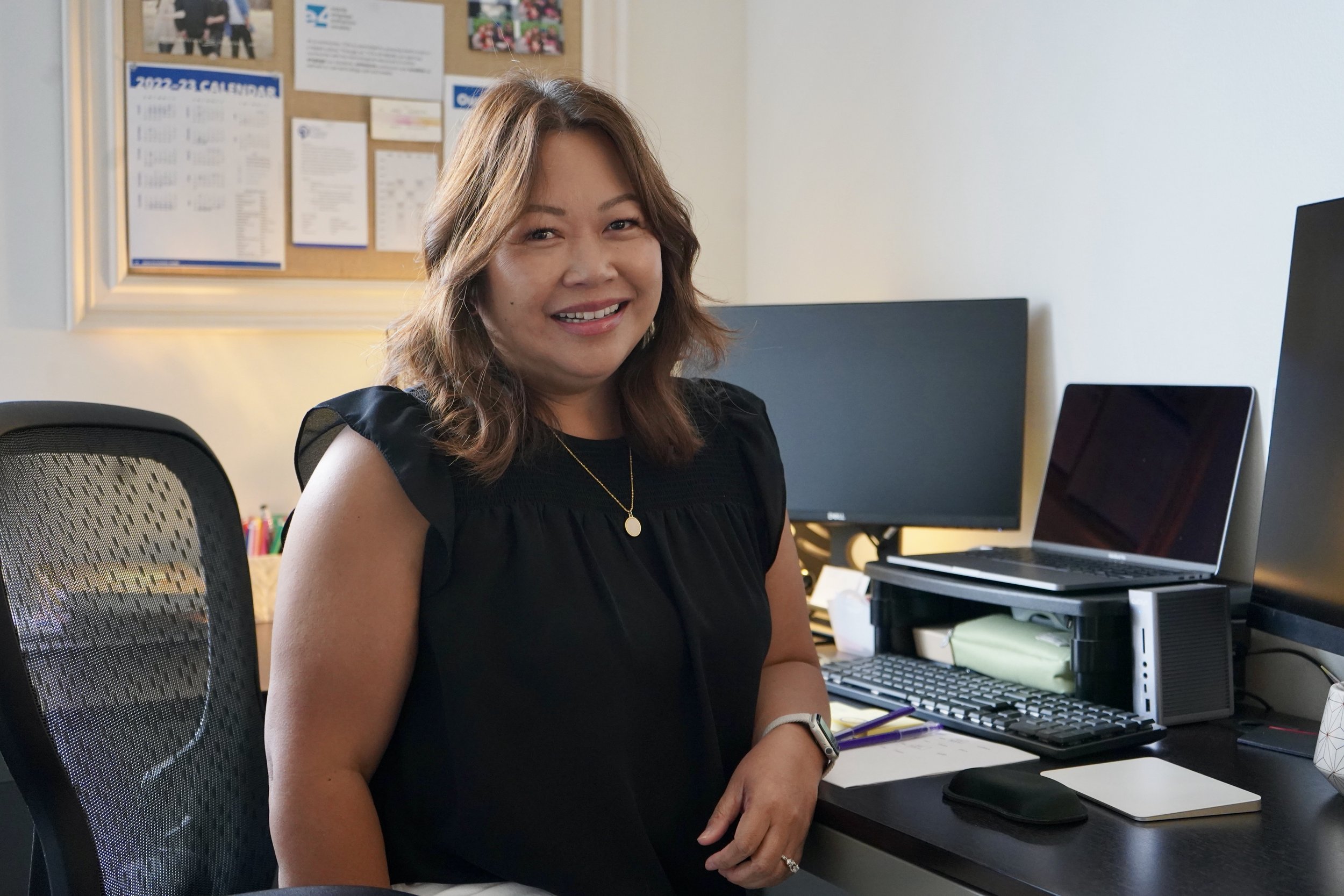Story by Mary King-Moore. Photos by Jan Osborn.
Fourteen years ago, there were no sensory gyms or places for children with special needs to go. Rekha Suryanarayana, whose son has autism, and Angela Stephens, who had adopted a little girl with special needs, wanted to create a welcoming space for children on the spectrum or who had other disabilities. They wanted to help these children feel safe and celebrated and be okay with being different. So what began as a sensory gym in 2007 has grown into so much more: a sensory world. It’s a Sensory World (ISW) has since evolved to meet the needs of Dallas-area families who have children with special needs.
Rekha Suryanarayana and Angela Stephens.
In 2007, ISW was the first sensory gym in the state of Texas and the second in the nation. A year later, they began the increasingly popular summer camps. The camps serve over 150 kids throughout the summer and other seasonal times. The camps give children who need it structure and routine throughout the year. “Parents kept saying the kids didn’t want to leave, and they wished they could stay longer,” says Angela, the Executive Director of ISW. So ISW developed the preschool prep program in 2008 to support that need.
ISW also has sensory circuits available. The team refers to the circuits as “therapy homework” and purposeful play. Virginia Wilkinson, Director of Recreation, has a passion for creating activities inclusive for all kids. She helped develop interactive recreational programs, like the sensory circuits. “Our kids need more movement; they need more tools in their toolbox. The sensory circuit is that tool,” says Virginia. A sensory-motor coach is paired with each child in the hour-long sessions based on individual occupational therapy evaluations.
In 2014 when ISW became a nonprofit, they were able to offer the program to older children. “We had parents of 9 and 10-year-olds reach out, saying they can’t find private schools willing to take their kids,” says Angela. Because so many parents were told their child was unteachable, Rekha and Angela’s team decided it was time to open the school program for children with unique profiles. Becoming a nonprofit was vital because they knew most parents could not afford tuition, which ranks close to most colleges. The parents have been tremendous partners in helping raise support for ISW.
There are two tracks in the school program. One path is for children to work on regulation and social skills. The second track is for nonverbal kids to learn to use augmentative communication. The goal is to get the children proficient on their devices in hopes that they could then move to more traditional schools with programs in place.
There are currently 53 kids in the Academy program, ages 2 to 18. Ashley Deaver, the Director of Administration, says that “the quality of the programming is so important. In addition to being so well received by the community from a “feel good” perspective, the data proves we are truly making a difference in the lives of children.” The data supports their mission: to serve children with special needs and their families with customized, sensory-based programs to maximize developmental potential, leading to independence and inclusion.
Children come to the organization from referrals in the community, such as developmental pediatricians, schools, and therapists. The program looks different for each family because it is so individualized. Interested families can tour the facility and ask questions one-on-one with the directors. Presley Colby, Director of Education, says, “What we do and how important the families are to us requires a lot of time and energy, so we want to make sure that each family has a relationship with the directors and the entire staff.” While traditional therapies, like ABA (applied behavioral analysis), are commonly recommended for autistic children because they are more likely to be covered by insurance, the ISW methodology is the Floortime model. Having recently applied to be an accredited DIR/Floortime center, they could become one of only 15 in the nation. The hope is that eventually, insurance will cover this type of intervention along with ABA.
In 2016, ISW received a grant from The Jordan Spieth Family Foundation to remodel the gym to accommodate older kids. This fall, the team is launching a mobile sensory bus—a dream of co-founder Rehka, who wanted to give more medically-fragile kids access to services during the pandemic. The bus is a movable sensory gym that will be used in many ways. “We are thinking we will take the bus to festivals or sporting events, providing a mobile sensory gym so that kids can get their input or come take a sensory break when they need it,” says Angela. “We would also like to go into preschools, daycares, and other programs where we can offer our services because our sensory gyms are what make us so unique.” Although ISW provides services to people in over 73 ZIP codes, this bus will make them extend their outreach and make their services even more accessible.
The IASW Team: Kalie Tangredi, Ashley Deaver, Angela Stephens, Virginia Wilkinson, Presley Colby and Bailey Parker.
Angela and Rehka want to continue the focus on programming and generating sustainable financial support for their gym. They want to serve not only families, but professionals, too. An e-learning platform has been created, and they are sharing methodologies with others in the community. Educating the community is why they partner with the Farmers Branch Chamber of Commerce to certify inclusive businesses. “Families can feel safe going to inclusive businesses, knowing if their child has a meltdown, it’s not a big deal. They are not going to be asked to leave, and people will not stare at them uncomfortably,” says Angela. “Families shouldn’t be isolated to only go out on sensory-friendly days.”
The founders have built a team of professionals dedicated to the families in the program. When Rehka was asked what her most memorable story has been from the past 14 years, she replies, “It has to be Angela’s story.”
Payton, one of Angela’s students, began at ISW when she was just three years old. Severely developmentally delayed in a school district that did not provide the appropriate care, Payton functioned at an 18-month-old level, nonverbal and barely walking. Her grandparents, who were fostering Payton at the time, did not know what to do or who to turn to. Angela immediately connected with Payton, who said “we have to do something for this baby.” Payton began spending more and more time at the gym, growing closer to Angela and the entire team. This relationship led to Angela legally adopting Payton, and for the last 11 years Payton has been thriving in the ISW program.
“The main intervention Payton has had here is the people,” says Rekha. “She connected with everybody. She has been the reason so many children have come here. Of the million stories to tell you, the one story I would keep would be that story. It speaks volumes about the people here. And it also speaks volumes about what we can achieve.” Every member of the team at ISW believes that children are more than their diagnosis, and they want to continue to provide services to celebrate their uniqueness. ISW is celebrating 15 years this year and plans to celebrate big. Their annual fundraiser gala was postponed for the last two years. The theme this year is “A Million Dreams.” Individual tickets are $150, and entire tables can be purchased for $1500 through the event website.
For more information about ISW and how you can get involved, contact any member of the team at It’s a Sensory World.
Featured
Featured
Josh Taylor was deployed to the Middle East, flying missions into Iraq, Afghanistan, and Syria, when he realized that many of the people he spoke to were divided. It was 2018, and Josh had already been in the Armed Forces for over ten years, but he wanted to find a cause that could unite the nation. “Flying 65,000 miles and spending 300 hours in a machine gives somebody a moment to think,” Josh says. Eventually, he found his answer– our youth, and alongside them, our educators– have the strength to be the foundation for our country.
When Lisa Wong launched the STEM program at Trinity Christian Academy, her goal and passion was to teach the kids that they can use STEM fields to bless others in the world around them. She views her time as an investment in the future.








